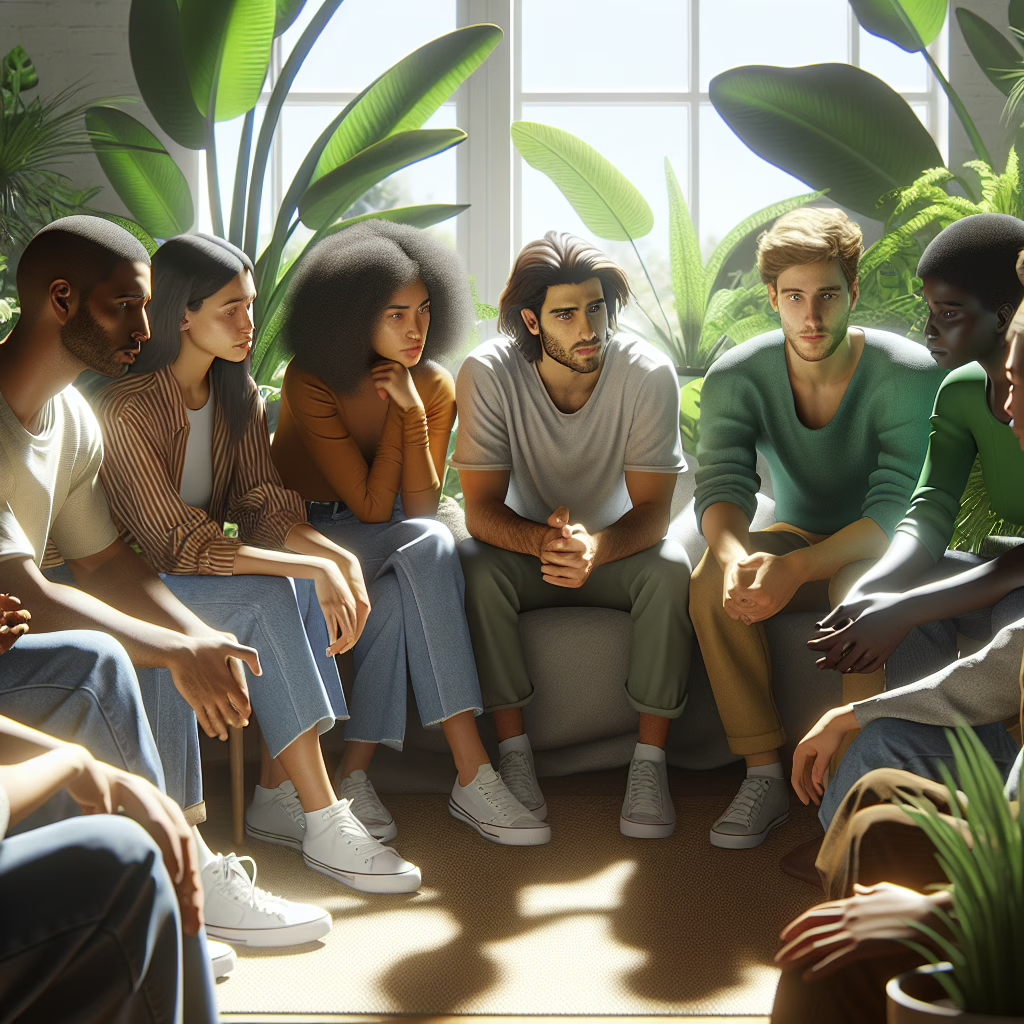In the ever-evolving landscape of social media, TikTok has emerged as the hotbed for trends, dances, and…oh yes, eating disorder content! It seems like every scroll reveals yet another video promising the secret to a “perfect” body or the latest fad diet. But don’t lose your lunch just yet—some creators are stepping up to turn these misconceptions upside down. They’re armed with knowledge and a sense of humor, ready to tackle the serious issue of eating disorders on TikTok.
When TikTok Trends Take a Dark Turn
While TikTok can be a playground for creativity, it also hosts some less-than-healthy trends that promote eating disorders. With hashtags like #thinspo and #edrecovery circulating faster than you can say “diet culture,” many users find themselves caught in a whirlwind of misinformation. The platform’s algorithm seems to delight in serving up these harmful messages to unsuspecting viewers. But fear not! The tide is turning, and a new wave of content creators is determined to counteract this negativity.
Creators Leading the Charge Against Eating Disorder Content
Enter the heroes of our story: TikTok users who have taken it upon themselves to debunk eating disorder myths and provide support for those who may be struggling. These creators often share personal stories, educational insights, and even a sprinkle of sarcasm to make their points land with impact. They remind us that health isn’t one-size-fits-all and that the journey to recovery is as unique as each individual.
For instance, some savvy creators have launched campaigns with titles like #EatingDisorderAwareness, aiming to shine a light on the realities of living with such challenges. They use humor as a tool—not to trivialize the subject but to create an approachable dialogue around what can often feel like a daunting topic.
The Power of Community in Recovery
One of the most heartening aspects of this movement is the sense of community that forms among users. Creators often encourage their followers to share their own experiences with eating disorders, fostering an environment where vulnerability is met with understanding rather than judgment. This camaraderie helps dismantle the stigma surrounding mental health issues, allowing individuals to feel seen and heard.
Moreover, these creators emphasize self-love over self-loathing. They advocate for body positivity, promoting the idea that all bodies are worthy of love and respect—no matter their size or shape. This shift in narrative can be incredibly empowering for those grappling with negative body image.
The Role of Education in Combatting Misinformation
Education plays a critical role in counteracting harmful eating disorder content on platforms like TikTok. Creators are not just sharing their journeys; they’re also backing up their claims with research and expert opinions. For example, some have collaborated with mental health professionals to create informative videos addressing common misconceptions about eating disorders.
This blend of personal experience and scientific backing makes their content both relatable and credible—something that’s sorely needed in a sea of misinformation. Plus, they tackle these subjects with a dash of humor and relatability that keeps viewers engaged. Who knew learning about eating disorders could also come with a side of laughs?
A Call to Action for Viewers
If you find yourself scrolling through TikTok, take a moment to reflect on the content you consume. Consider seeking out creators who promote healthy attitudes towards food and body image. Engage with those who prioritize mental wellness over unrealistic standards. By doing so, you not only support their efforts but also contribute to a more positive online environment.
In conclusion, while TikTok may have its fair share of problematic content regarding eating disorders, there’s also an abundance of creators dedicated to spreading awareness and support. Their humorous yet insightful approach fosters community engagement while dismantling harmful narratives. So let’s keep supporting these positive voices and remember: laughter is indeed the best medicine—especially when paired with education!
We’d love to hear your thoughts! What do you think about eating disorder content on social media? Share your ideas in the comments below!
Special thanks to Wired for inspiring this article! For more insights on technology and culture, check out our articles like The Time Sam Altman Asked for a Countersurveillance Audit of OpenAI and 3 Teens Almost Got Away With Murder. Then Police Found Their Google Searches.

